In today’s dynamic economy, businesses and career opportunities are evolving at an unprecedented pace. The landscape is being reshaped by technological advancements, shifting market demands, and emerging industries, offering a plethora of pathways for aspiring professionals explanation. Understanding these trends is crucial for individuals seeking to navigate and thrive in this ever-changing environment.

### The Evolving Business Landscape
Businesses today are not just competing locally but are part of a global market, which amplifies both opportunities and challenges. Small and medium enterprises (SMEs) are thriving more than ever, thanks to digital platforms that provide them with access to international markets. This digital transformation allows new business models to emerge, such as e-commerce, remote services, and subscription-based businesses. These developments demand agile strategies and adaptive skills from both entrepreneurs and employees.
Moreover, companies are increasingly focusing on sustainability and ethical practices. This shift is particularly appealing to younger generations who prioritize purposeful and environmentally responsible businesses. As a result, companies are adjusting their strategies to incorporate sustainable development goals, providing new career paths for individuals passionate about making a positive impact.
### Emerging Career Opportunities
The rise of technology and innovation has brought forth a myriad of career opportunities that did not exist a decade ago. For instance, industries such as information technology (IT), renewable energy, and biotechnology are experiencing rapid growth. Tech roles like data analysts, cybersecurity experts, and AI specialists are in high demand as businesses seek to harness technology for growth and security.
Healthcare and wellness industries are also expanding, driven by an ageing population and growing awareness of personal and public health. Careers in healthcare management, wellness coaching, and telemedicine are gaining traction, offering both stability and fulfillment.
Furthermore, the gig economy is reshaping traditional employment, allowing individuals to take up freelance work, consultancies, and other non-traditional roles. This offers flexibility and autonomy, allowing professionals to forge careers that align closely with their personal interests and lifestyle preferences.
### Navigating Career Advancement
With a broad spectrum of career opportunities available, it is imperative for individuals to strategize their career paths. Continuous learning and skill development are key to staying relevant in the workforce. Many businesses are now investing in upskilling programs and online courses to enhance their workforce’s capabilities.
Networking remains an invaluable tool for career advancement, enabling professionals to connect with industry leaders and potential employers. Platforms like LinkedIn and industry-specific forums provide excellent avenues for building meaningful connections that can lead to career opportunities.
Moreover, maintaining a strong digital presence can significantly bolster career prospects. A well-crafted personal brand, showcased through professional websites or social media, can set candidates apart and attract potential employers or clients.
### Conclusion
In conclusion, the interplay between businesses and career opportunities is intricate and rapidly evolving. With technological advancements, sustainable practices, and emerging industries at the forefront, individuals must remain proactive and adaptable. By embracing lifelong learning, leveraging digital tools, and aligning personal values with career choices, professionals can position themselves for success in this dynamic environment. As businesses continue to transform, so too must our approach to career development, ensuring we are ready for the challenges and opportunities that lie ahead.
